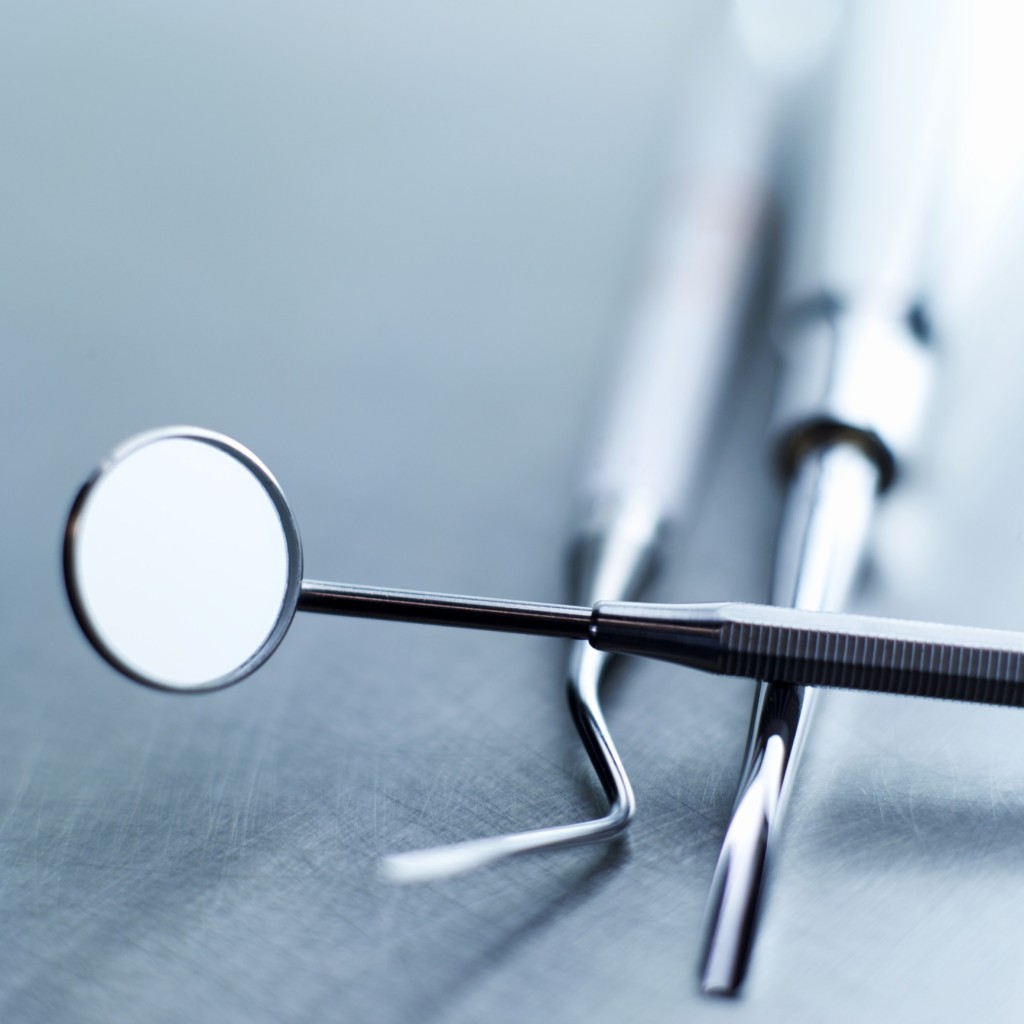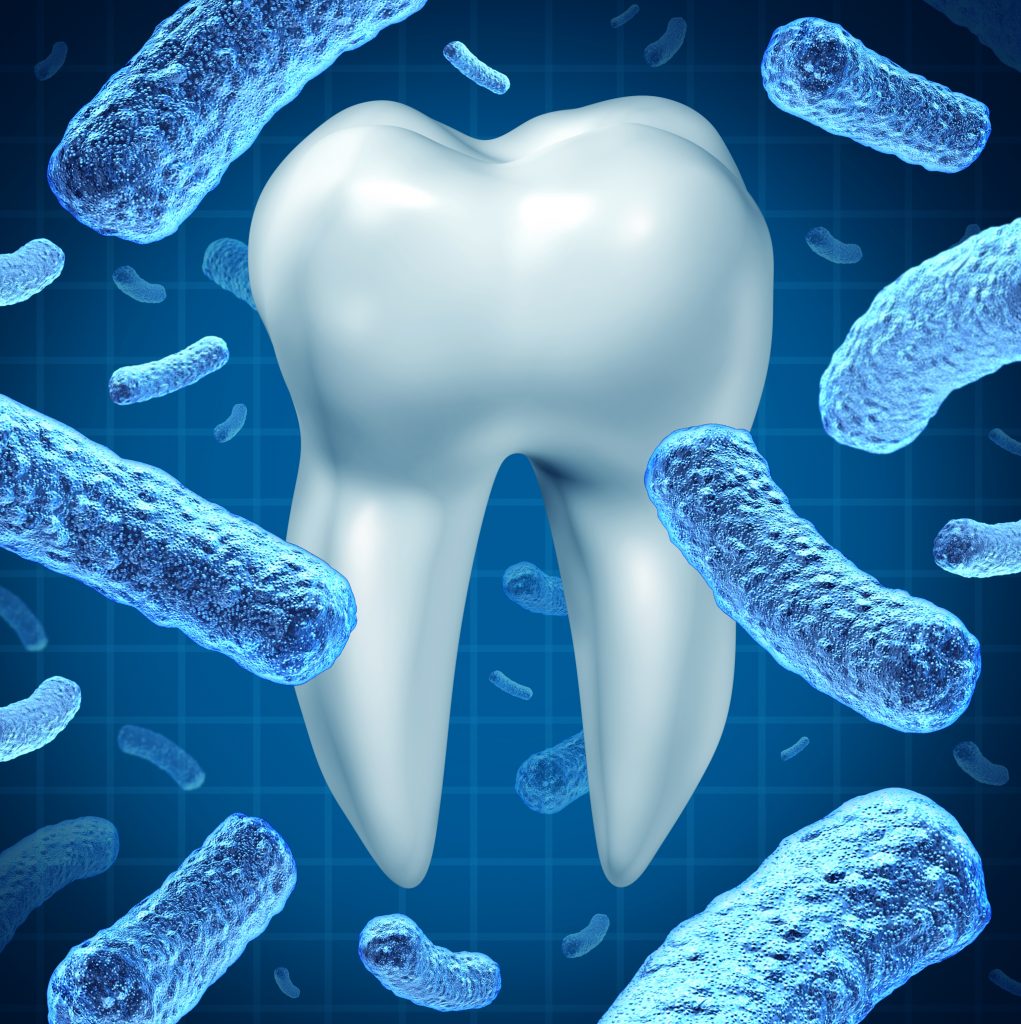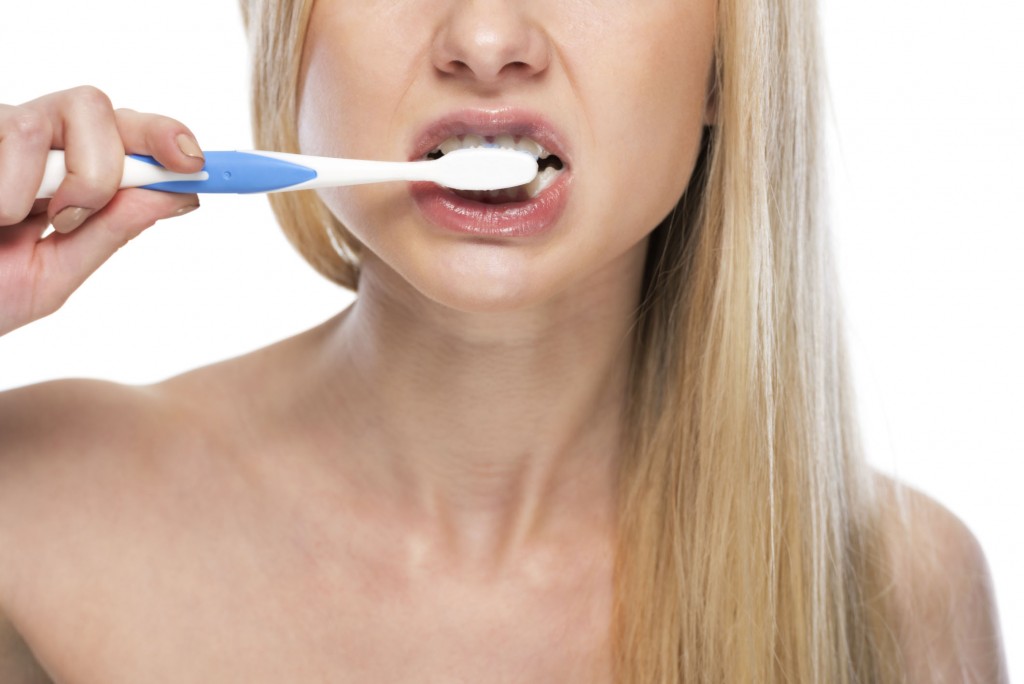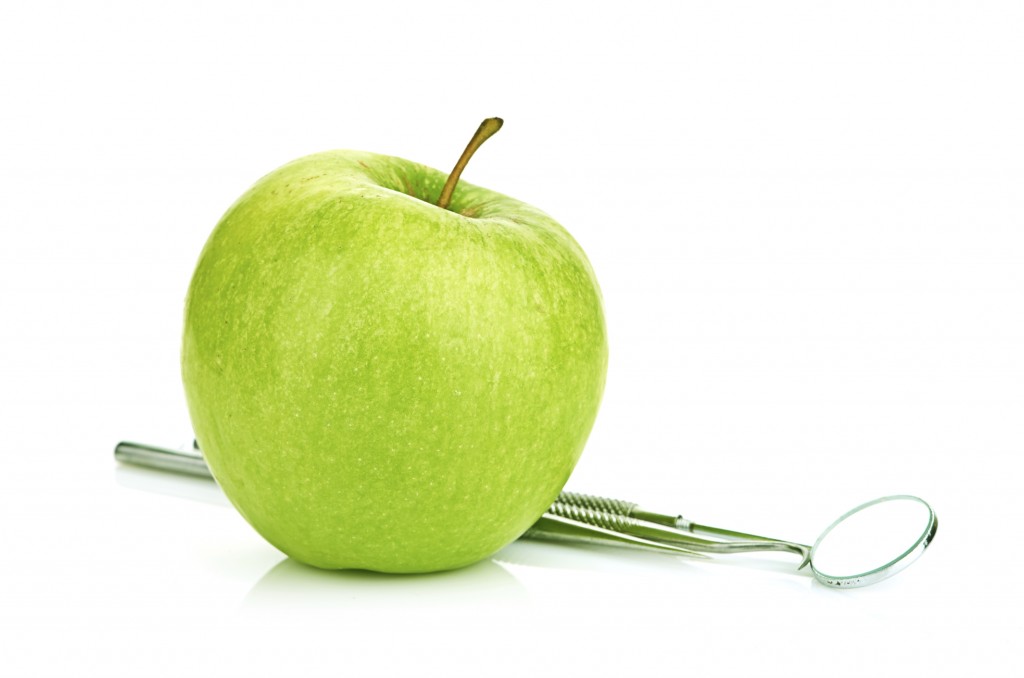 While some think this is a rare cancer, mouth cancers will be newly diagnosed in about 115 new individuals each day in the US alone, and a person dies from oral cancer every hour of every day. April is Oral Cancer Awareness Month. Oral cancer refers to cancer that develops in any of the parts that make up the mouth and is one of several types of cancer grouped in a category called head and neck cancers. If you notice any of the below changes, contact your dentist or health care professional immediately:
While some think this is a rare cancer, mouth cancers will be newly diagnosed in about 115 new individuals each day in the US alone, and a person dies from oral cancer every hour of every day. April is Oral Cancer Awareness Month. Oral cancer refers to cancer that develops in any of the parts that make up the mouth and is one of several types of cancer grouped in a category called head and neck cancers. If you notice any of the below changes, contact your dentist or health care professional immediately:
- Swellings/thickenings, lumps or bumps, rough spots/crusts/or eroded areas on the lips, gums, or other areas inside the mouth
- The development of velvety white, red, or speckled (white and red) patches in the mouth
- Unexplained bleeding in the mouth
- Unexplained numbness, loss of feeling, or pain/tenderness in any area of the face, mouth, or neck
- Persistent sores on the face, neck, or mouth that bleed easily and do not heal within 2 weeks
- A soreness or feeling that something is caught in the back of the throat
- Difficulty chewing or swallowing, speaking, or moving the jaw or tongue
- Hoarseness, chronic sore throat, or change in voice
- Ear pain
- A change in the way your teeth or dentures fit together
- Dramatic weight loss
As part of your routine dental exam, your dentist will conduct an oral cancer screening exam. More specifically, your dentist will feel for any lumps or irregular tissue changes in your neck, head, face, and oral cavity. The American Cancer Society recommends oral cancer screening exams every 3 years for persons over age 20 and annually for those over age 40.
Visit Great Lakes Family Dental today and schedule an appointment to find out what kind of treatment your teeth needs to be healthier and to look better. Call 317-841-1111 or www.smilesbygeorge.com.
Great Lakes Family Dental proudly serves Indianapolis and all surrounding areas.

 Who doesn’t love that minty fresh feeling your mouth has after a good rinse with
Who doesn’t love that minty fresh feeling your mouth has after a good rinse with  When we have the chance to improve your smile with
When we have the chance to improve your smile with  When we think about athletes, we think about strong healthy individuals that take their sport by storm with all of their physical ability. They train hard, they eat well to give their bodies the proper nutrition in order to perform at their peak. But what if I told you that athletes actually have more to worry about when it comes to their oral health. It’s true. We may all have the same basic guidelines when it comes to
When we think about athletes, we think about strong healthy individuals that take their sport by storm with all of their physical ability. They train hard, they eat well to give their bodies the proper nutrition in order to perform at their peak. But what if I told you that athletes actually have more to worry about when it comes to their oral health. It’s true. We may all have the same basic guidelines when it comes to 